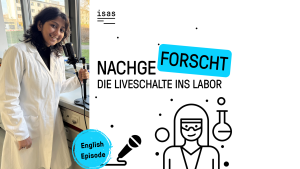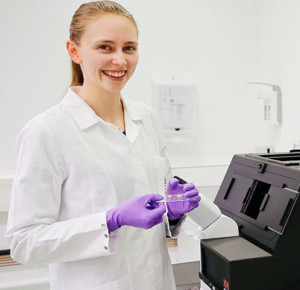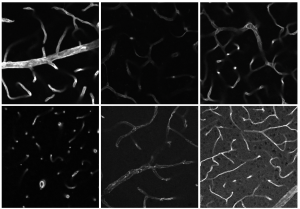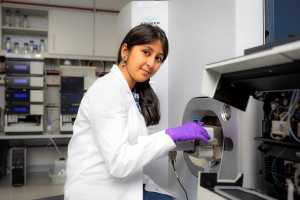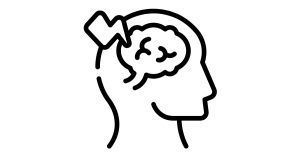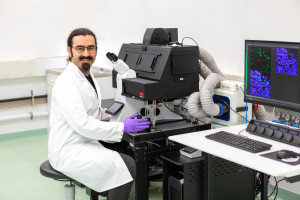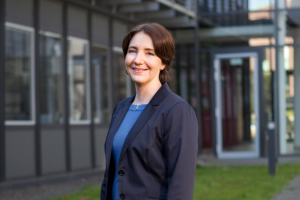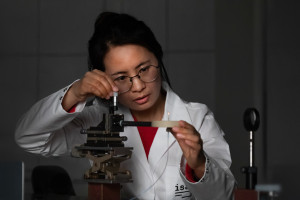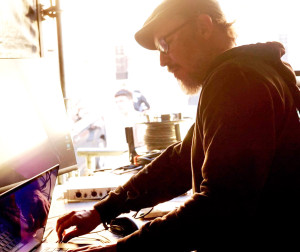Dortmund, 24th August 2021
Suyuan Chen, a doctoral student in the Proteomics working group, won the Merck Innovation Cup 2021 with his "Drug Discovery Technologies" team. Together with six other junior scientists from Israel, Canada, London and Munich, he has worked out a plan on how molecular glue can be created and used even better in cancer treatment in the future.
These small molecules stabilise an interplay between proteins that normally hardly interact. In this way, researchers can "glue" disease-causing proteins to others, which the body then destroys. The doctoral students and postdocs from the disciplines of biochemistry, (structural) biology, chemical proteomics and medicinal and organic chemistry are not allowed to talk publicly about the details of their idea. Merck has taken up the winning idea in order to pursue it further within the Group. "I am not only happy about the win, but especially that our idea could help advance drug development for cancer therapies," says Chen.
Every year, young researchers can apply for a place at the summer camp and competition of the German science and technology company Merck KGaA. After a two-phase selection process in June 2021, based on CV and project ideas, the applicants were divided into six teams: Oncology, Immuno-Oncology, Immunology, Drug Discovery Technologies, Digitalisation and Pandemic Threat. Over the course of a week at the end of June, the teams not only had to develop their ideas but also prepare and present a complete business plan. For Chen and his teammates, the intensive work in the short time was worth it: the team won first place and 20,000 euros, which they can use at their personal leisure.
Change of perspective & more than just a competition
The "Innovation Cup Summer Camp" - which took place online due to the pandemic - offered participants more than just a competition. In lectures and discussion rounds, experts gave them the technical and economic perspective of a company on new research ideas. In addition, the young scientists learned how to successfully present projects to a corporate management. "It's very exciting to learn how the industry thinks and what the business side looks like for them," Chen concludes. Apart from the change of perspective, he especially liked the opportunity to meet so many like-minded people from all over the world: "In such a diverse group, you learn a lot about teamwork and how to deal with criticism." In the future, the 30-year-old would like to keep in touch with his fellow participants through the alumni group and expand his network to include new international partners and friendships. The winners want to use the prize money to finally meet in person as soon as the pandemic allows.
(Cheyenne Peters)
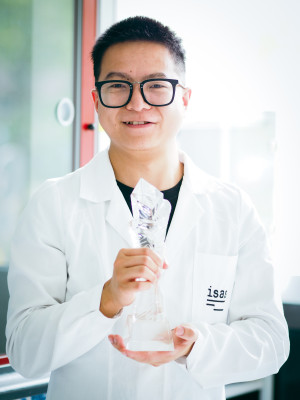
Suyuan Chen presents his Merck Innovation Cup.
© ISAS
